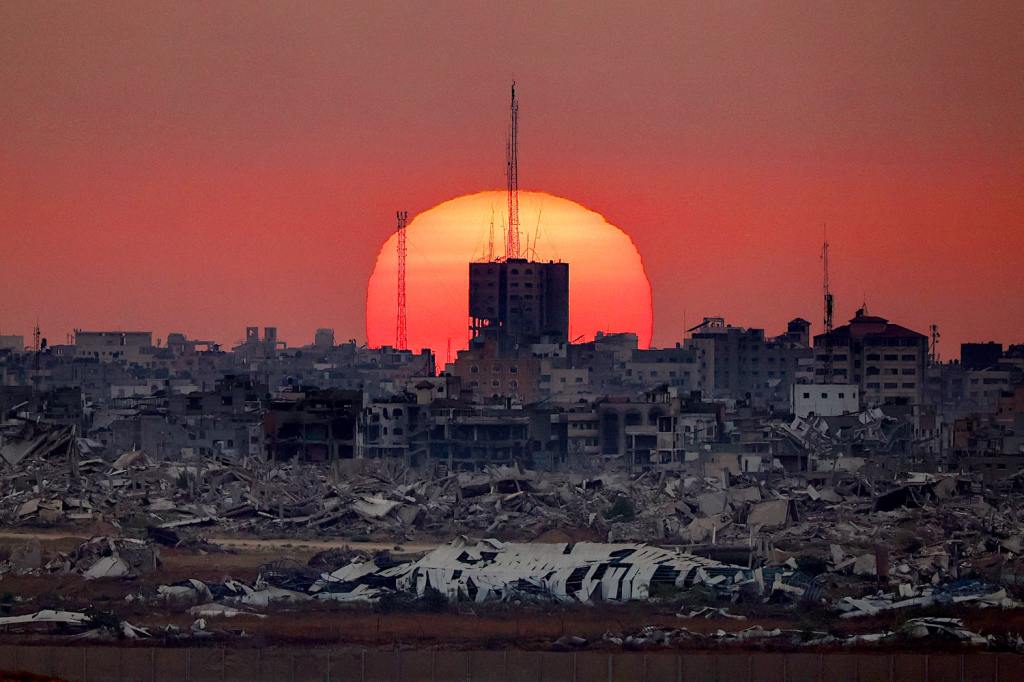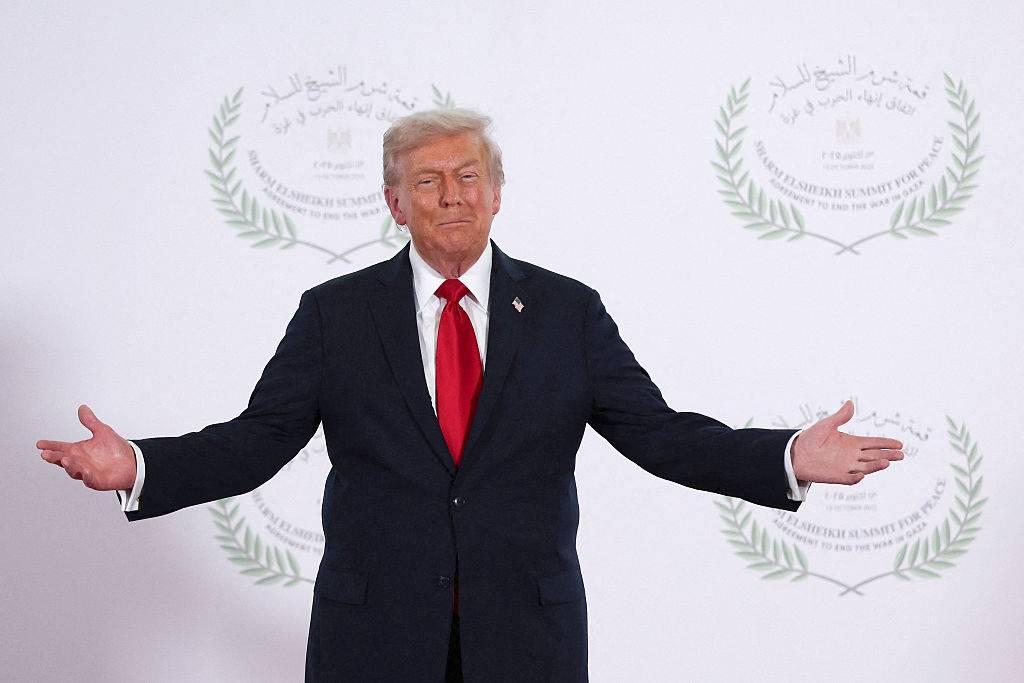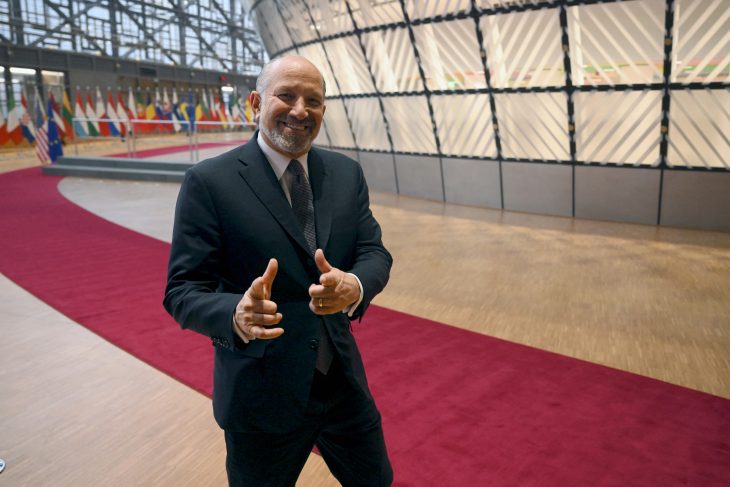After nearly 21 months of bitter fighting in Gaza, reports suggest Israel and Hamas may be edging closer to a 60-day ceasefire deal – or at least circling it warily. Talks mediated by the US, Qatar and Egypt have resumed, raising hopes of a temporary pause, or even a broader framework for peace. President Trump claimed that Israel has agreed to a deal, although Prime Minister Benjamin Netanyahu has so far maintained ambiguity.
The debate in Israel is unfolding under mounting pressure. Israelis desperately want the remaining hostages released. They are also worried that the war is becoming a slow war of attrition, reminiscent of the costly 15-year-long war against Hezbollah, which bore limited achievements. The Israel Defense Forces also warned that continued fighting risks endangering the lives of hostages.
The details of the ceasefire agreement are not fully known at this point. It would likely include the phased release of hostages held in Gaza in exchange for Palestinian prisoners in Israeli jails, as well as a possible IDF retreat from some areas. But the deeper question is whether such a deal marks the end of the war – or simply the pause before the next round.
Currently, the IDF continues to push deeper into the southern city of Rafah and other Hamas strongholds, but the cost is gut-wrenching. Twenty Israeli soldiers have been killed in the last month alone, prompting growing public questions: what is the endgame, and when – or how – will this war end?
Within the Israeli government, tensions are rising. Netanyahu finds himself in a political vice. On one side, he faces pressure from Washington to agree to a ceasefire, which is expected to intensify when the two leaders meet next week. On the other side, his government is split.
Israel’s Foreign Minister Gideon Sa’ar posted on X in support for a deal, saying that this is an opportunity that Israel must not miss. Meanwhile, far-right ministers Itamar Ben-Gvir and Bezalel Smotrich, whose continued support for the coalition depends on an uncompromising military campaign, have warned that any deal with Hamas would be tantamount to surrender. They have reportedly begun efforts to force Netanyahu to abandon a ceasefire agreement. A deal could therefore trigger a political crisis, unless Netanyahu finds ways to appease the two rebels.
Yet the regional landscape is shifting in ways that may make a ceasefire not only desirable, but strategically prudent for both sides.
First, Iran – Hamas’s primary patron – has been hit hard by Israel and is under significant strain. Iran is now grappling with a weakened economy, international sanctions, and instability following the deaths of key IRGC commanders and many others from Iran’s military and secret police establishment. Its ability to provide material support to Hamas may be limited in the short term.
Hamas may now be incentivized to cut a deal
Second, the politics of Gaza is fragmenting. There has been increasing friction between Hamas and unaffiliated armed gangs, including Abu Shabab, who resent Hamas’s control and have begun operating against the terror organization – in some cases with support from Israel – undermining the group’s ability to coordinate resistance and maintain internal discipline. Joint Israeli and American efforts to distribute aid to Palestinians without involving Hamas further undermine their position in Gaza.
Qatar and Egypt are mounting pressure on Hamas to agree to a deal to which it has so far remained defiant, showing complete disregard to the suffering of Palestinian civilians. Trump, too, posted on Truth Social: “I hope, for the good of the Middle East, that Hamas takes this deal, because it will not get better – IT WILL ONLY GET WORSE.”
For Israel, this opens a window: Hamas may now be more incentivized to cut a deal, which would hopefully lead to a Hamas-free governance in Gaza, although the way there is long and full of political minefields. A deal could also serve Israel’s broader strategic interests, potentially improving ties with regional neighbors and opening the door to an expanded Abraham Accords framework.
For now, a ceasefire is on the table, and Hamas, long known for its pattern of bad-faith negotiation and deception, must provide its final answer. Despite political difficulties, Israel can pause the war – but unless Hamas is willing to relinquish its military and political grip on Gaza, any deal may prove to be little more than a temporary reprieve.

























